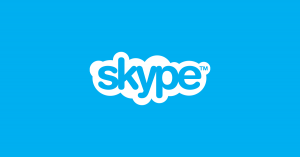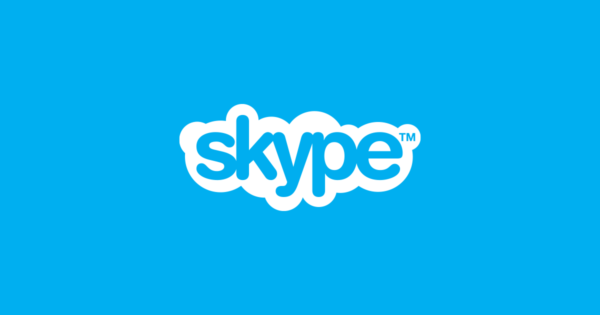Implementing Skype in the classroom is both fun and rewarding for the educator and student
 The current task for my doctoral course Curriculum Technology and Teaching is to explore a variety of compressed video alternatives in the classroom setting.
The current task for my doctoral course Curriculum Technology and Teaching is to explore a variety of compressed video alternatives in the classroom setting.
The compressed video applications I tested were Skype, OoVoo, Facetime, and Zoom.
Research has already identified the benefits of using video technology in an education setting. The International Journal of Information Science and Management, expounded on the significance of how integration of video and audio technology will expand in k-12 curriculums in the future.
I used each technology to analyze which one would be best for teaching my lesson. The lesson I chose is based on the novel To Kill a Mockingbird and it entails comparing injustice in the novel to modern day global injustice. After each video application is tested and the lesson taught. My focus will shift to finding another teacher using Skype in the classroom to give my students more practice.
(Next page: Watch the benefits of Skype in the classroom)
I began the lesson by sharing the novel topic of injustice with my class and this proved to be a little time consuming. Sharing thoughts through text and audio response provided good practice for students and helped with their learning. I later posted a small passage about injustice and placed students in groups. They were required to share their thoughts orally, listen to others in the group, and write and respond to others in the chat room.
Students had a little difficulty when first entering the chat room, but monitoring each group closely and guiding them successfully through their rough spots provided clarification. Student engagement was good and students provided evidence of injustice through detailed responses. Skype worked well as a compressed audio visual teaching and learning tool.
The advantages and disadvantages of using audio and video in the classroom varies depending on individual preference. Skype is a very successful, user friendly, and popular video conference tool. Advantages of using it includes no set fees and ease of use in classroom settings.
Skype offers phone usage, group video calling and users can import contacts with ease. They also have customer service for support the user. Disadvantages of using Skype includes only allowing free access for two users, video conference recording is not allowed and students incur cost when more than two participate. Schools will not allow students to pay for such services because it is a violation.
In conclusion, exploring Skype, OoVoo, Facetime, and Zoom for comparison and use was fun and I learned a lot. Witnessing my students building relationships through Skype and assisting one another with the lesson was exciting. My informal assessment of the lesson was gauged by student engagement and their ability to communicate with me and other students through audio, listening, writing, and video skills.
The lesson was in compliance with district and state Common Core Standards. I gave each student a grade of A on the assignment based on student mastery of the technology, following directions as given, staying on task and being engaged the lesson. The success of navigating the components of Skype into an ELA lesson was rewarding. This activity proved that teaching and learning through Skype, a compressed video alternative can be a success in the classroom.
Sharon Carter is a Language Arts teacher at Nova Southeastern University.
- 4 ways to encourage play in education - April 25, 2024
- CoSN IT Leader Spotlight: Lisa Higgins - April 25, 2024
- It’s time to pay student teachers - April 25, 2024

